The New, Groundbreaking Way To Treat Acne
Most people think treating acne is more about what goes on the skin and not enough about what goes in it. The truth is, acne is an inflammation disorder that needs to be addressed from the inside out. This means that acne sufferers need to spend less time on expensive face washes and more time thinking about a healthy lifestyle, including an anti-inflammatory diet, exercise, and a healthy skin care regimen. Forget those insanely expensive topical ointments that do not work and instead try this new, groundbreaking way to treat acne.
Sugar
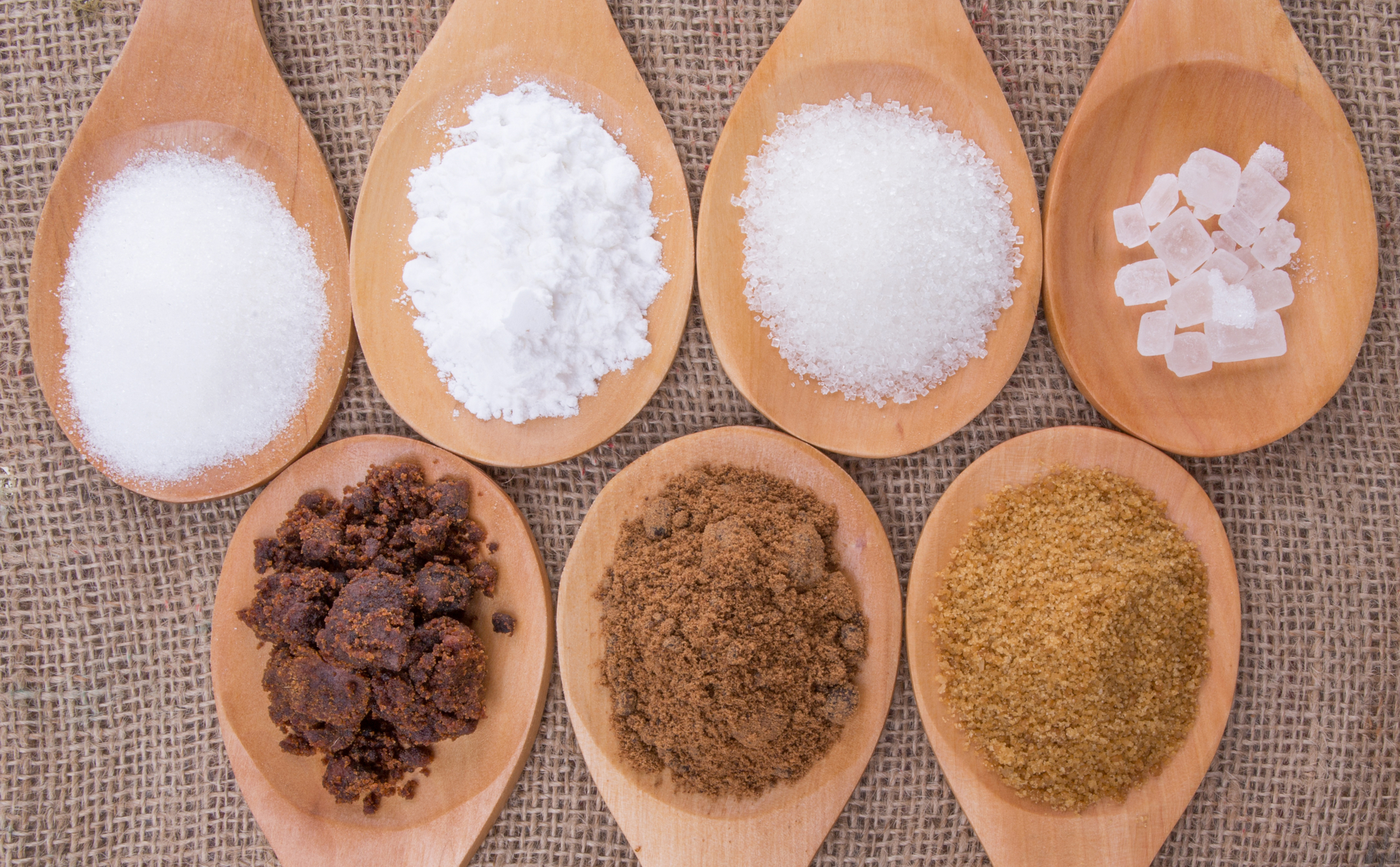
Sugar might just be the most prominent cause of acne. It is also one of the easiest to control. Refined sugars - including table sugar, high-fructose corn syrup, and granulated sugar - are found in processed foods such as cereals, bread, soda, candy, ice cream, and even deli meats. Eliminating these foods from the diet and replacing them with natural sugars from fruits and vegetables is the best way to reduce inflammation, which prevents the skin from healing properly and leads to acne.
Stress
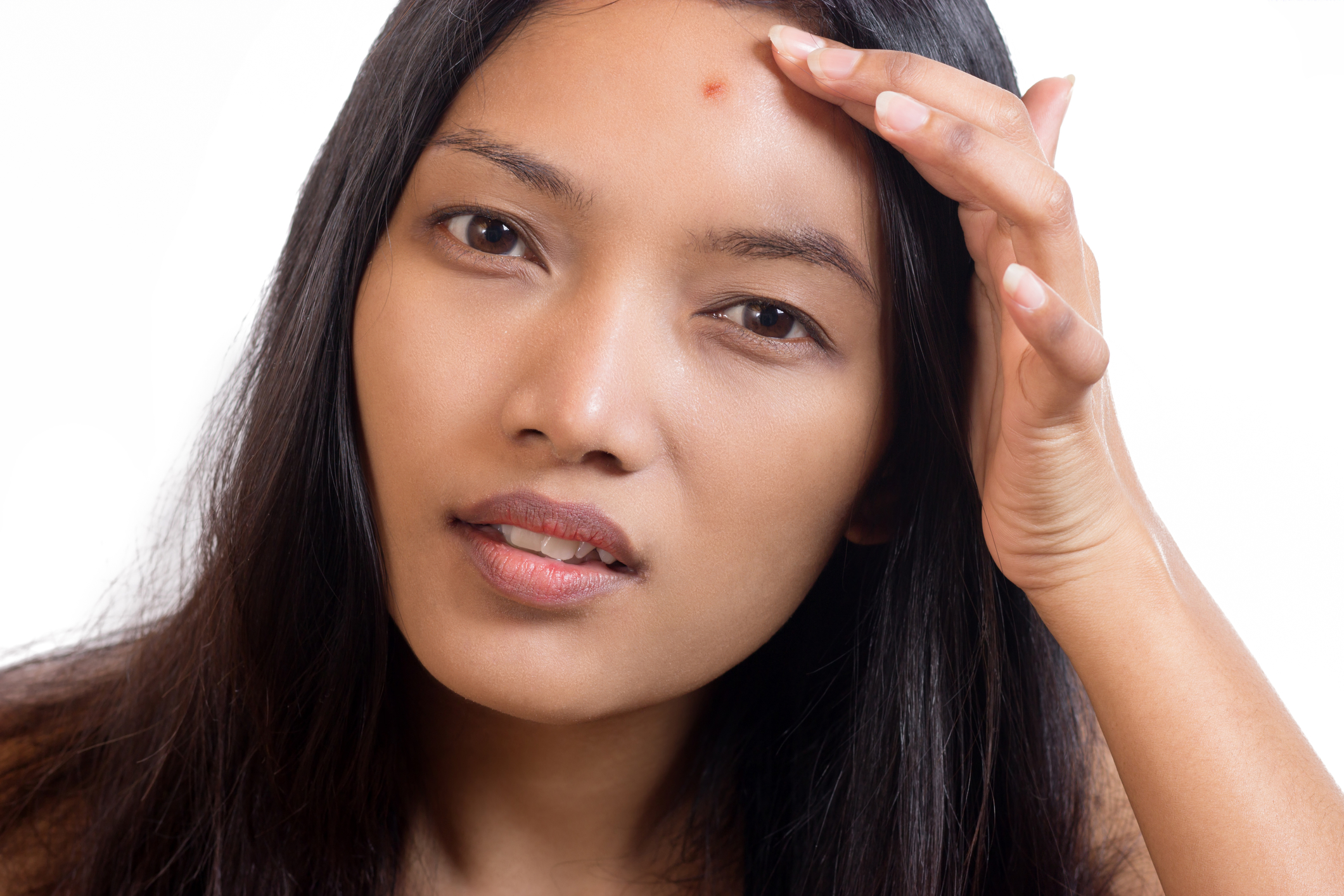
Acne loves it when the body is run down so it can take over. When the body is stressed, it produces hormones such as testosterone and cortisol in excess amounts, which leads to an increase in sebum production and blemishes. Stress also tends to have a snowball effect; it makes people crave unhealthy foods and lose sleep, making it easier for chronic inflammation to occur. Find healthy outlets for stress such as meditation, exercise, and breathing exercises.
Dairy

Dairy is extremely inflammatory, which aggravates skin tissues and causes blemishes. Research shows that dairy increases mucus production and disrupts digestion, which is an important part of healthy skin. Inflammation of the gut disrupts the absorption process and prevents healing nutrients from getting to the skin. Dairy hides in a lot of food, so be sure to read labels as much as possible. Better yet, eat foods from sources that do not come with a food label (as in fruits and vegetables) and give almond milk a try.
Hygiene

While it is true that what goes in the body is more important than what goes on it, proper hygiene plays a significant role in treating acne. Billions of bacteria live on the skin of healthy people, luckily most of it is harmless. When the bacterium is allowed to enter the skin or becomes excessive, acne tends to spread. Wash hands frequently and avoid excessive face-touching. Keep bed sheets and towels clean and wipe down electronics with anti-bacterial wipes regularly.
Alcohol

Alcohol seems like a good way to unwind at the end of the day, but most alcoholic drinks are full of sugars that lead to breakouts. Although studies have concluded that red wine is beneficial for its high antioxidant content, no alcohol is good in excess amounts. It causes inflammation in the gastrointestinal tract, liver, and pancreas, which affects the nutrient flow to the skin. Limit intake to fewer than seven to ten drinks per week as part of a low-sugar diet.
Wheat And Gluten
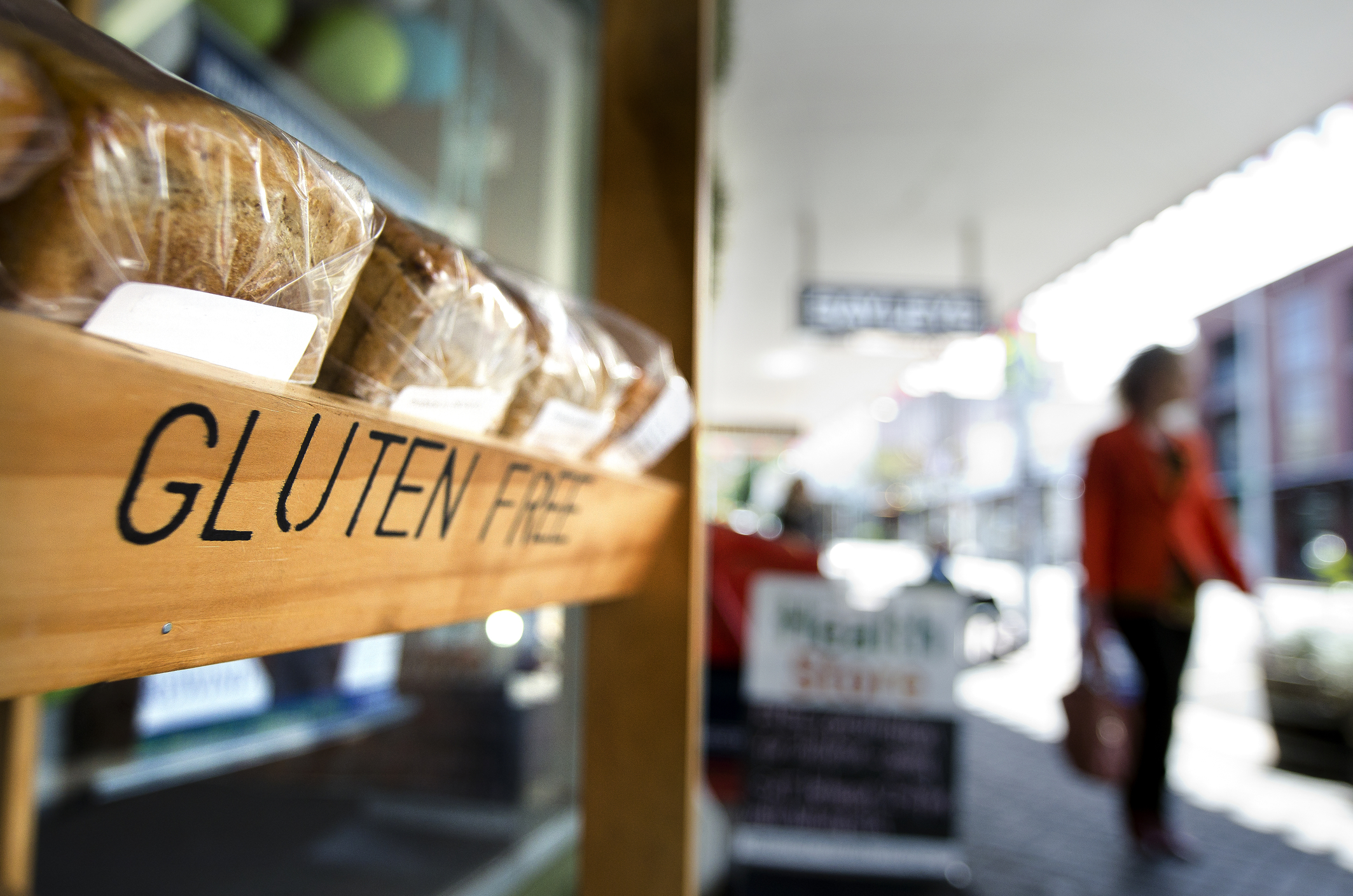
Wheat and gluten were not always such a problem; however, genetic modifications within these foods have started an epidemic of gluten-intolerant people. Although people with Celiac disease are the only ones with an actual allergic reaction to gluten, the majority of people could benefit from eliminating these foods from their diet. Acne is just one of the many symptoms of gluten intolerance. Instead, focus on protein-rich gluten-free grains such as millet, brown rice, and quinoa.
Exercise

Exercise does not just release mood-boosting “feel-good” endorphins; it also helps the body sweat out toxins that might be accumulating in skin’s tissues, causing inflammation (and acne). Contrary to popular belief, sweating is good for the skin. It helps the body balance its electrolytes and increases blood flow to the skin where clogged pores are given a chance to release. Be sure not to wear makeup during exercise to allow the pores to breathe.
Omega Six Fatty Acids
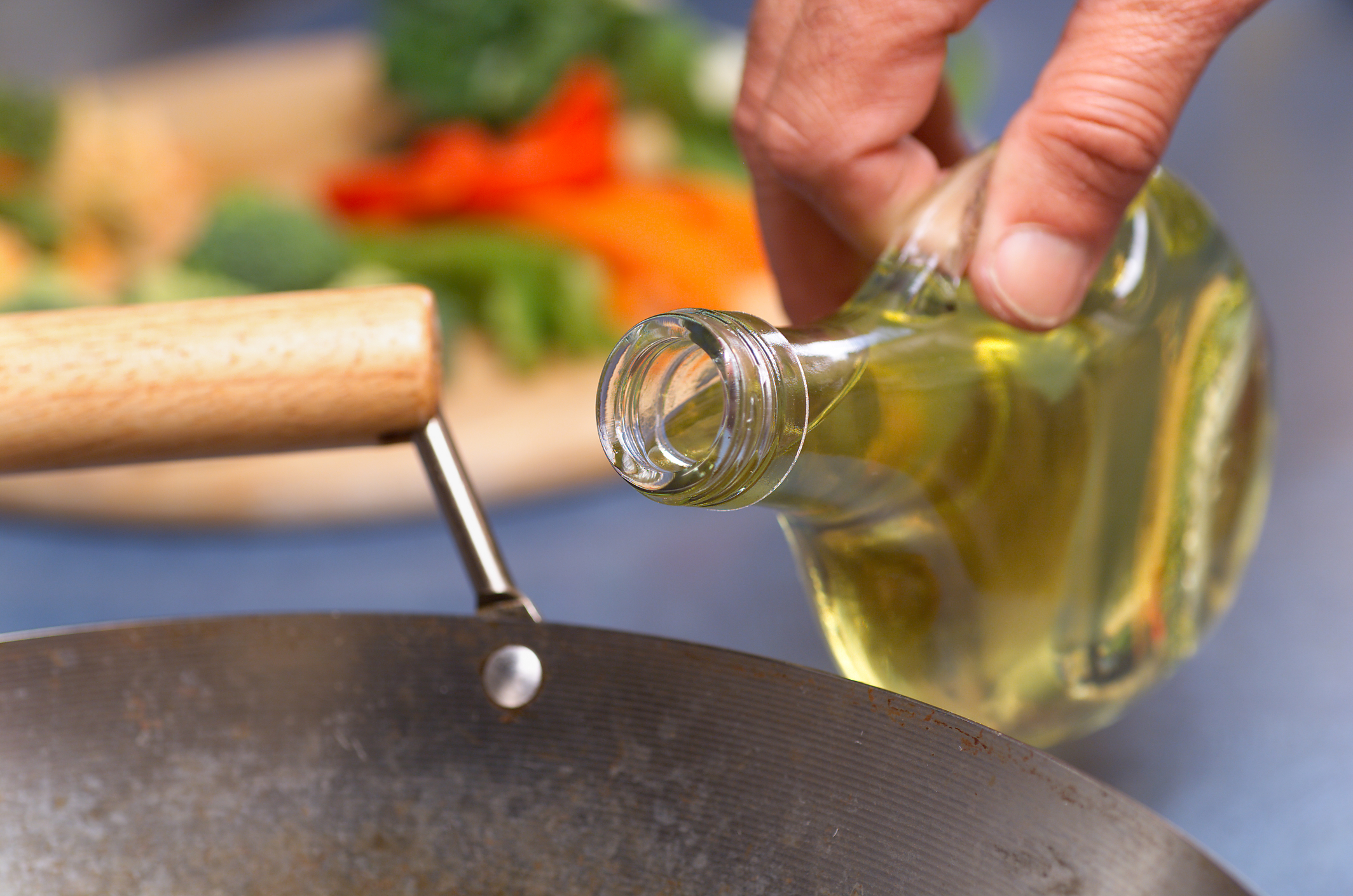
While omega three fatty acids reduce inflammation, omega sixes increase it. Omega six fatty acids are found in many processed foods, especially cheap vegetable oils, such as safflower, soybean and corn oils. When foods do not have a proper ratio of omega three and omega six fatty acids, they become highly inflammatory. The skin (and the gut) is usually the first thing to become affected. Reduce processed foods and focus on walnuts, wild rice, flaxseed, and wild caught fish instead.
Adopt A Healthy Skin Care Routine
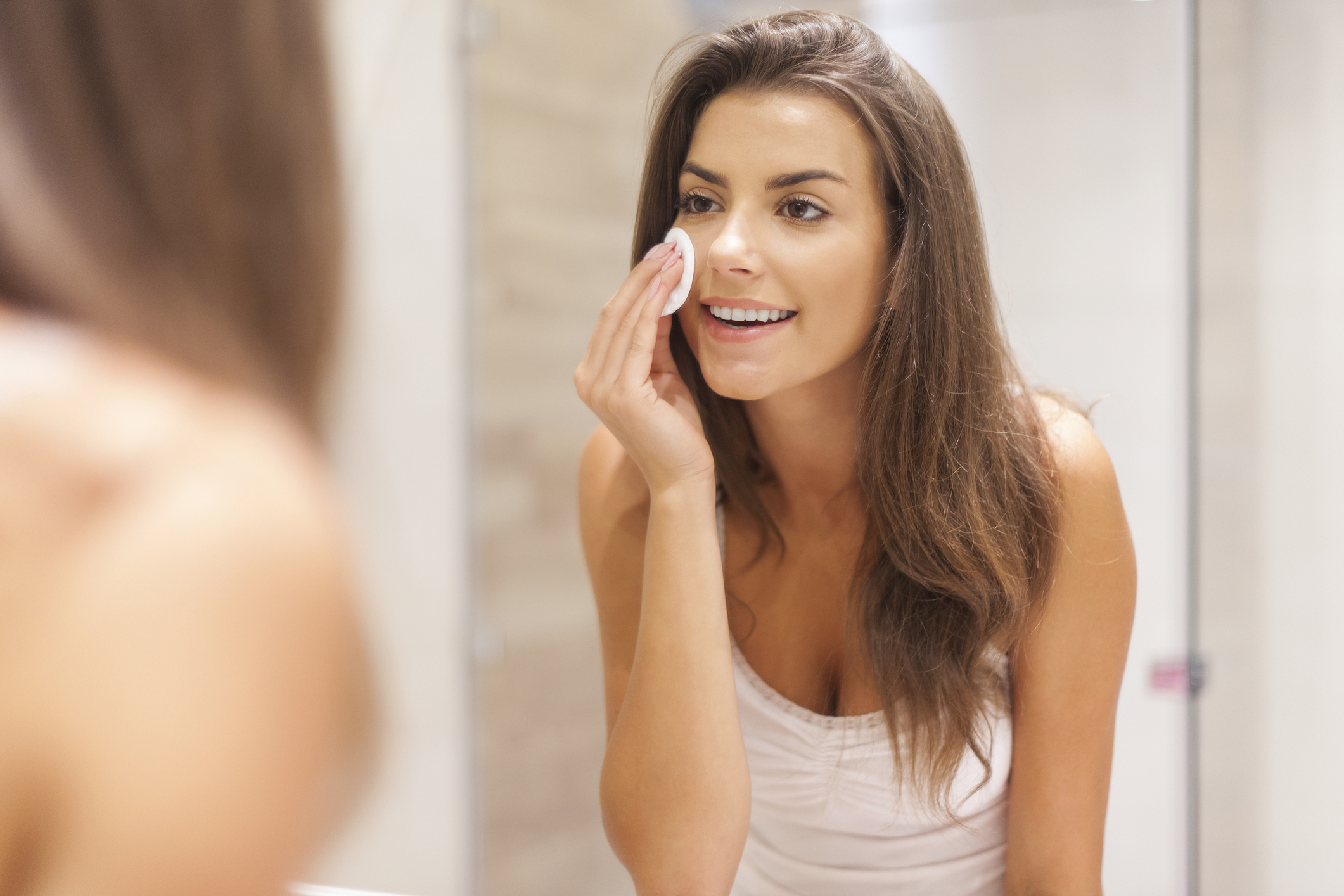
When it comes to adopting a healthy skin care routine, less is best. Avoid excessive face washing as this may cause dry, cracked skin and avoid picking at blemishes. Makeup should be worn minimally and needs to be washed off before bed. Try using a chemical-free line of facial products that uses natural ingredients. Exfoliate once a week by using a small amount of coconut oil and Epsom salt. Moisturize with cold-pressed rosehip seed oil for a vitamin boost.
